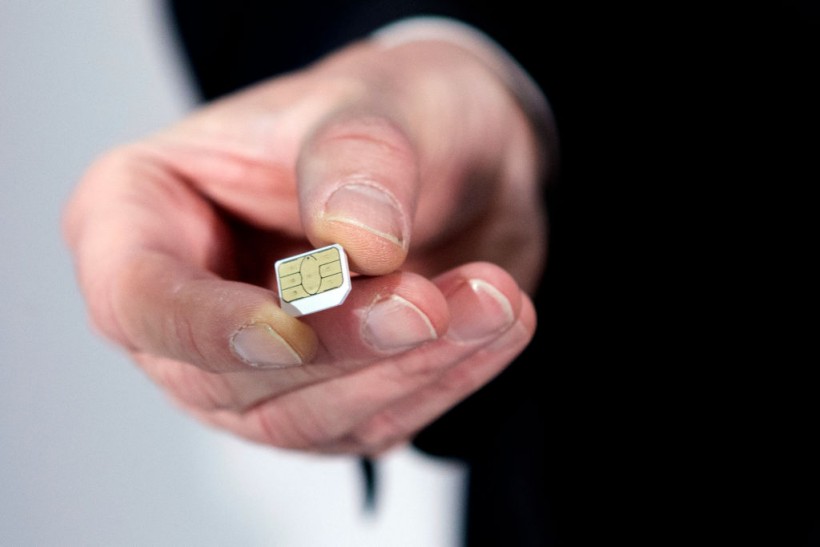Subscriber Identification Mobile (SIM) cards are mainly used to connect to networks and deliver communication features for the user, and the Philippines is making it mandatory for its citizens to register their identities tied to their mobile numbers.
It is already a practice in several democratic and communist states in the world, and it aims to legitimize its use and operations in the present.
Presently, it is the first day for the Southeast Asian country to have people register their phone numbers to their identities, using government ID cards and official documentation. Failure to do so will incur grave penalties and even go as far as jail time.
SIM Registration Act in the Philippines

(Photo : KENZO TRIBOUILLARD/AFP via Getty Images)
The SIM Registration Act, also known as R.A. 11934, was passed in the Philippine Congress last October 10, 2022, and the day has finally come when it comes into effect for the country for its enforcement and observation.
It requires the public to use their existing SIM and mobile numbers to be registered under the Philippine government, with the country using the information for easier tracking and identification of individuals.
This bill also comes in handy, as according to the Manila Bulletin, Filipinos receive pestering spam text messages from unknown sources which center on random promotions, including job opportunities, that are fake and part of a nationwide phishing or malware propagation.
In the United States, the FCC is also aiming to prevent SIM swap scams.
The former President of the Philippines' 16th Republic, Rodrigo Roa Duterte, vetoed the initial Senate bill. Later on, current President Ferdinand Marcos Jr. signed this, being the first law he approves during his term.
How to Register a SIM?
There are certain requirements before Filipinos can register a SIM card in the country, and according to Inquirer.NET, it requires one's full name, birth date, gender, address, and a valid government-issued ID. Citizens may use their Philippine Identification Card, Social Security System ID, driver's license, police clearance, National Bureau of Investigation clearance, voter's ID, and senior citizen's card.
After which, users may go to these websites to register their information on their respective telecommunications providers:
- Globe, TM: https://new.globe.com.ph/simreg
- Smart, TnT: https://smart.com.ph/simreg
- DITO Telecommunications: https://dito.ph/RegisterDITO
Filipinos are given 6 months to register their SIM cards for their continued use, and after April 26, 2023, they will automatically be deactivated by the respective companies.
Businesses, Tourists for SIM Card Registration
Businesses that use a SIM card for their operations may also register it under their business name, also providing their business address, and the full name of its authorized signatory.
On the other hand, tourists who will purchase a SIM for their travel needs require a valid passport, proof of address in the Philippines, and a return ticket to their home country.
Possible Penalties
Failure to register one's SIM card will incur a penalty of 100,000 Php to 1 million Php for repeating offenses. Also, submitting fake information on these websites will charge the person a fine of 100,000 to 300,000 Php, and imprisonment of 6 months up to two years.
Like the FCC's actions against data leaks and unlawful collection that violates user data, RA 11934 also has laws against telcos that will improperly handle private information.
Communications companies that reveal subscriber data, whether direct or indirect, also face penalties from 500,000 to 4 million Php.
Related Article: This Robocall Company May Face the Largest Fine Ever Proposed by FCC for Alleged Warranty Scams






